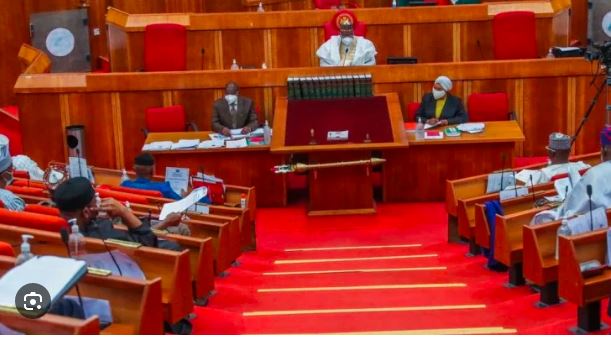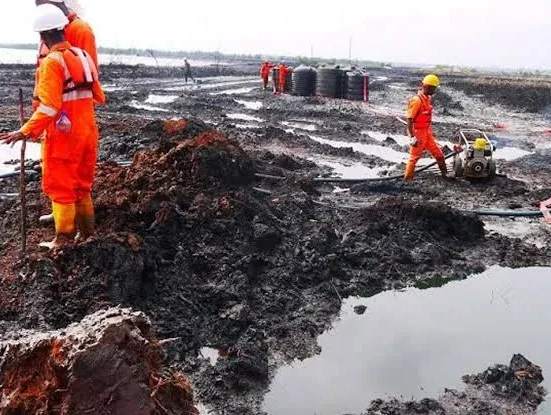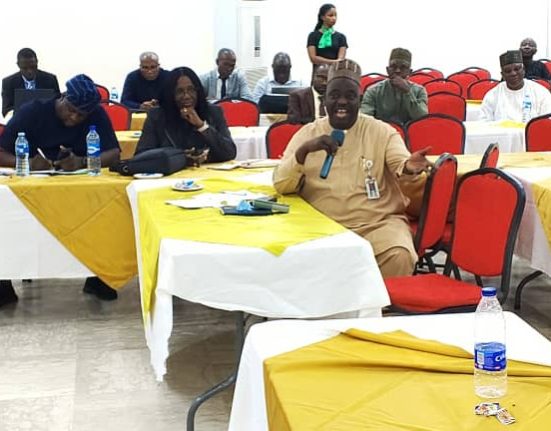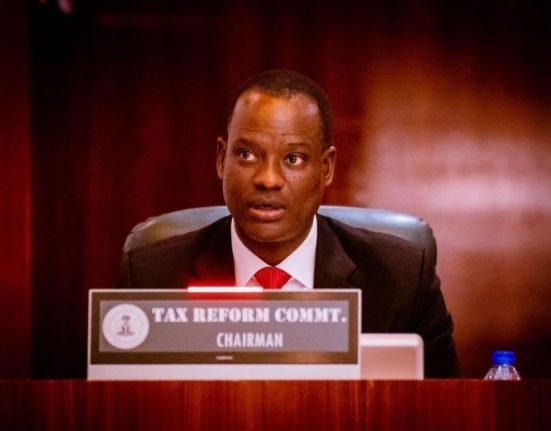The Senate has raised alarm over the worsening financial crisis in Nigeria’s power sector, revealing that the Federal Government’s unpaid debts to electricity generation companies have surged to N800 billion in just five months. This development, according to lawmakers, further compounds an existing debt profile in the sector that is already above N3 trillion.
Senator Enyinnaya Abaribe, Chairman of the Senate Committee on Power, made this revelation during an interactive session with journalists at a stakeholders’ retreat held in Ikot-Ekpene, Akwa Ibom State, on Saturday. The retreat, convened by the Nigerian Electricity Regulatory Commission (NERC), sought to address pressing concerns and chart a sustainable path forward for the struggling electricity industry.
According to Abaribe, the government has failed to remit any payment to power generation companies—popularly known as GENCOS—since the beginning of 2025. He explained that the recurring tariff shortfalls in the electricity market have translated into a monthly liability of approximately N200 billion, all of which remains unpaid this year, culminating in the staggering N800 billion backlog.
“This liquidity crisis is at the heart of our electricity challenges,” Abaribe lamented. “The GENCOS are heavily owed, and so are the DISCOs (Distribution Companies). As it stands, the tariff regime currently in place does not reflect cost recovery, which means the shortfall has to be absorbed somehow—and that responsibility has fallen on the government. But unfortunately, for the past five months, not a single payment has been made.”
He further highlighted the ripple effects of the crisis, noting that generation companies rely heavily on gas supplies to produce power. With mounting debts owed to them, GENCOS in turn struggle to meet their obligations to gas suppliers, putting the entire electricity value chain at risk.
“The gas suppliers are reaching their breaking point,” Abaribe noted. “No business can keep supplying a product without being paid. That’s the hard reality.”
Despite the grim financial picture, the senator struck a cautiously optimistic tone, urging both the Federal and State governments to make decisive policy choices to salvage the sector. He acknowledged the evolving structure of the electricity market in Nigeria, particularly with the 2023 Electricity Act, which now allows states to generate, transmit, and distribute power independently.
“There’s a dual-market situation now,” he said. “States can play a role; the Federal Government also has its responsibilities. But both tiers must come together to answer critical questions: How do we fund electricity supply? Who pays the shortfall? Do we subsidise fuel that powers vehicles or prioritise electricity that drives industries and homes?”
He stressed that countries worldwide have made these tough decisions, and Nigeria must now do the same if it hopes to revive its power sector and unlock economic growth.
Also speaking at the retreat, the Minister of Power, Chief Adebayo Adelabu, reaffirmed the Tinubu administration’s commitment to reforming the sector. While acknowledging significant challenges, including poor funding and the rampant vandalism of energy infrastructure, the Minister pointed to recent improvements in power generation as a positive sign.
“It is disturbing that in no other country do we witness the scale of destruction of power equipment that we see here,” Adelabu stated, calling for stricter enforcement and security around energy assets.
In a goodwill message, the Governor of Akwa Ibom State, Pastor Umo Eno, represented by Deputy Governor Senator Akon Eyakenyi, underscored the importance of reliable electricity supply to economic development. He emphasized the crucial role of Small and Medium Enterprises (SMEs) as key drivers of growth, noting that without stable power, the sector cannot thrive.
Stakeholders at the retreat expressed hope that with sustained dialogue and bold policy interventions, Nigeria can begin to steer its electricity sector out of chronic dysfunction and into a more stable and productive future.







